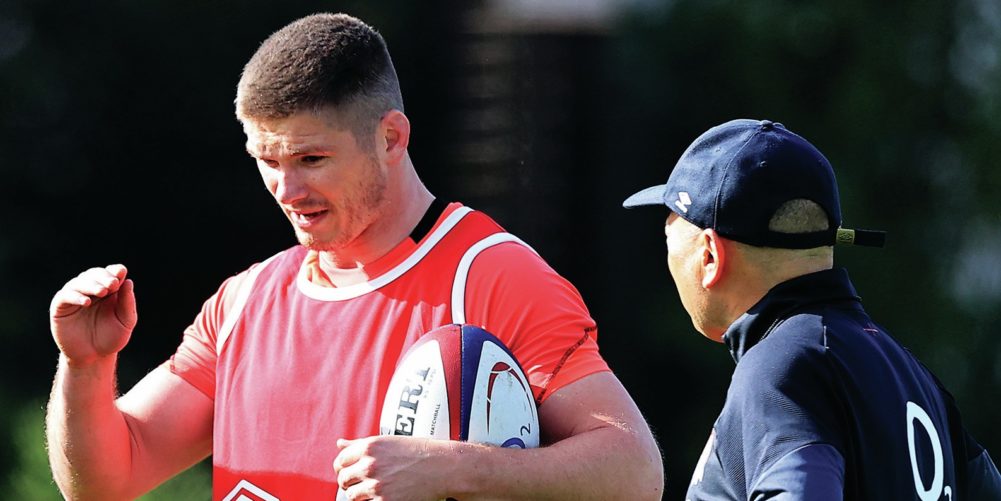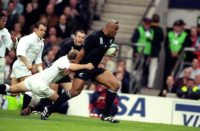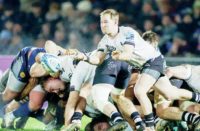JEFF PROBYN
A FRONT ROW VIEW OF THE GAME

There's just a week to go before the start of what I believe is the best rugby contest in the world, the Six Nations. It's a tournament with everything that's good about the game and the greatest advert for our sport with most of the games a real competition with results nobody can predict.
I always look to this part of the season as the defining time in the northern hemisphere and how each country is progressing, particularly with a World Cup roughly just a year away.
The first game up for England is an away trip to Scotland which, given the current state of affairs re Eddie Jones' squad, has Scotland as favourites.
A trip to Murrayfield without a number of established players like Owen Farrell, Jonny May, Anthony Watson, Manu Tuilagi, Joe Marler, Henry Slade, Jonny Hill and potentially replacement captain Courtney Lawes and you can see why the bookies don't fancy England.
Although England have lost a number of players through injury and self-isolation, it is a good opportunity for Eddie Jones to ‘blood' a number of new players without the worry that if there's another poor performance in this season's competition, it could have potentially impacted on his position.
The loss of his captain Owen Farrell is seen by many as a potential problem for England even though it was obvious that he was destined to be replaced in his favoured position once Marcus Smith broke into the team.
Farrell is a good player whose ability as a goal kicker has made him an essential part of the England team under Eddie, but now Smith has proved himself an international kicker Farrell is no longer a certainty.
The work of Farrell's role as the captain has (like all other captains) been exaggerated beyond its necessity.
I have always said I am not a great believer in the idea of a captain or pack leader being that important to an international team, simply because when I played all the players in the team were at or near the top of their game and knew what was demanded of them and how to deliver it.
To a certain extent, the captain is picked as a figurehead for those not actually playing the game and is there to represent the team at functions and with sponsors etc.
This should be obvious to all, given that the ability of the captain to influence play would be limited, depending on which position he fills.
For instance, if he was a part of the front row– a collective identity that becomes a single unit in a scrum– with around five tons of pressure going through your body, you have to be able to concentrate and rely on the player next to you and behind you but are not in a position to see the whole game. So along with the second row, this is not in an ideal position for captain.
If he were a back row he would be at the heart of the contact game at breakdowns, scrums and lineouts but would have no real contact with the backs except in breaks of play.
However, this is now dominated by messages from the coach, relaid by the water carriers and passed on to individual team members.
If the captain was a back, his contribution would be limited to how the backs play and he may not necessarily be in control of that unless he was a half-back, as it is they who usually call the moves and execute them depending on the quality of possession won.
“The captain is there to represent the team at functions and with sponsors”
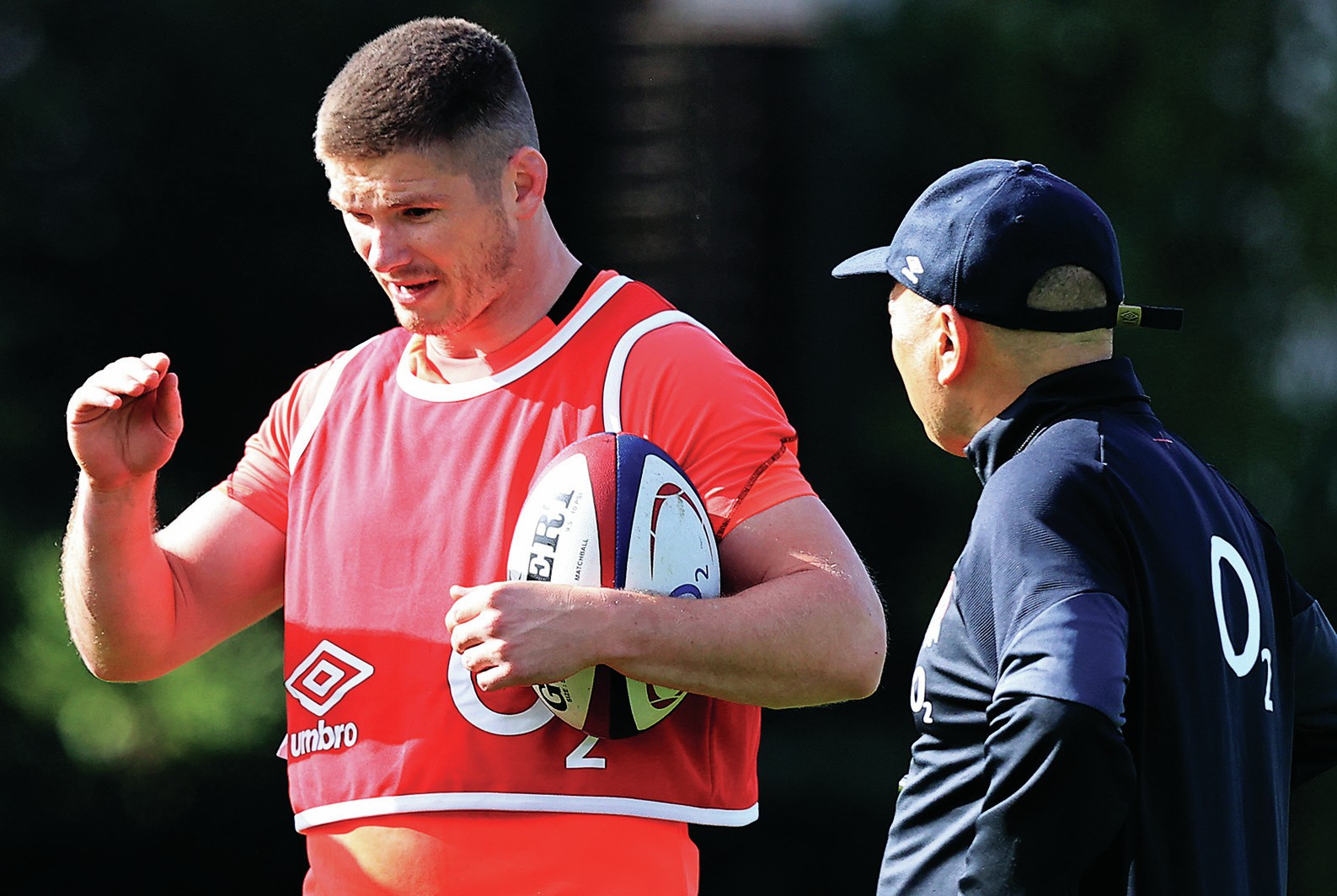
It may be that backs need more leadership than forwards because their game is more regimented than the forwards, except at set-piece plays. Forwards usually spend extra time training to create the bonds of teamwork that are required, to be successful in the set-pieces, scrums and lineouts, which rely on an almost spiritual understanding of how each other approaches and plays their game.
The breakdown game is far more instinctive with forwards reacting to what is in front of them while the backs try to reform a standard back line to begin their play.
When I played, the captain had very little to do with the tactics used during the game and even less to do with those which were used by the forwards.
Even our then designated pack leader Kato (Brian Moore), left, never led us, but he was useful as a media tool in interviews with some outrageous comments that probably created more problems for us than they solved by winding up the opposition, making them more determined to beat us.
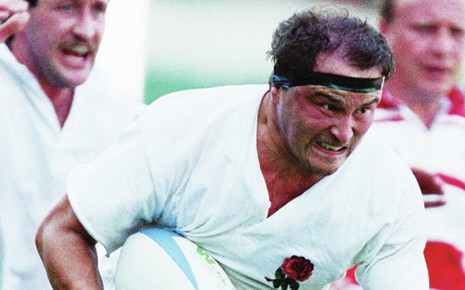
The way we played was decided by the coach and was practised during endless coaching sessions as we progressed towards the game with the captain attending media briefings as the ‘face' of the team.
Leadership can best be described as good coaching, creating confidence and a collective understanding of the style of play the coach believes can win the match and the ability to achieve that on the pitch.
The apparent need for a captain is the same in all sports and is based on the idea that a team needs a leader but that is not always true.
It is invariably the coach that makes the important decisions, creating the team by selection which ultimately leads to either success or failure, which ensures he keeps or loses his job.

